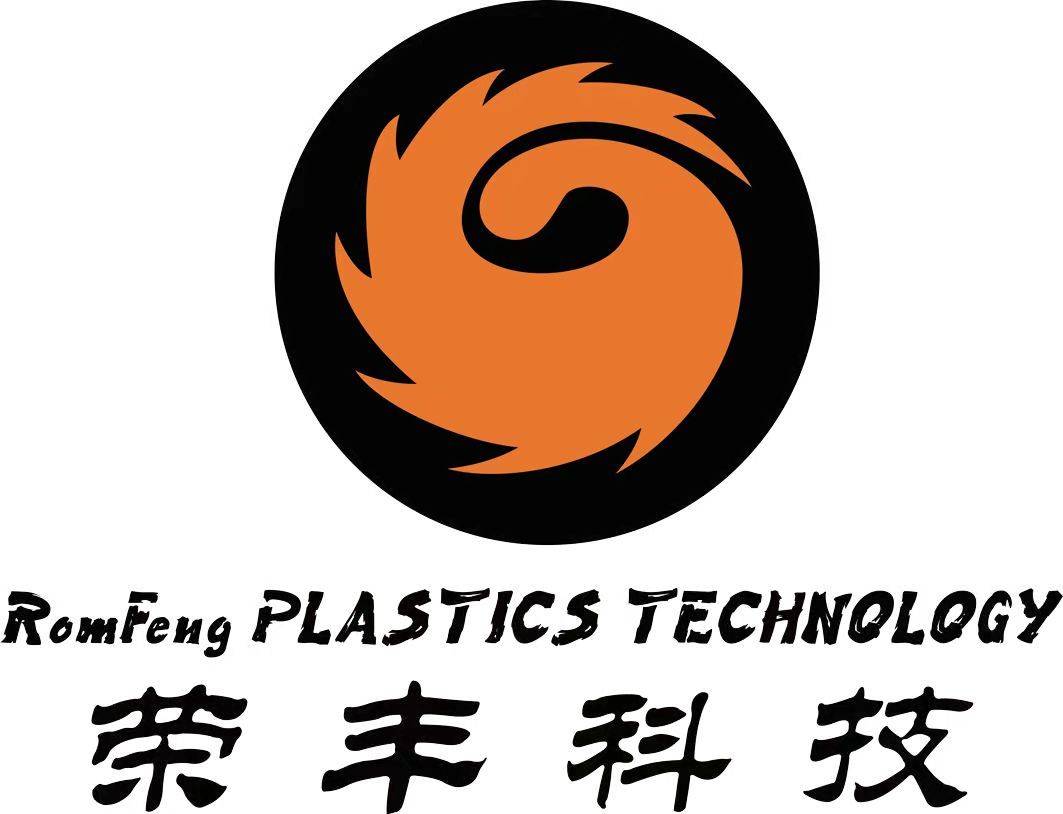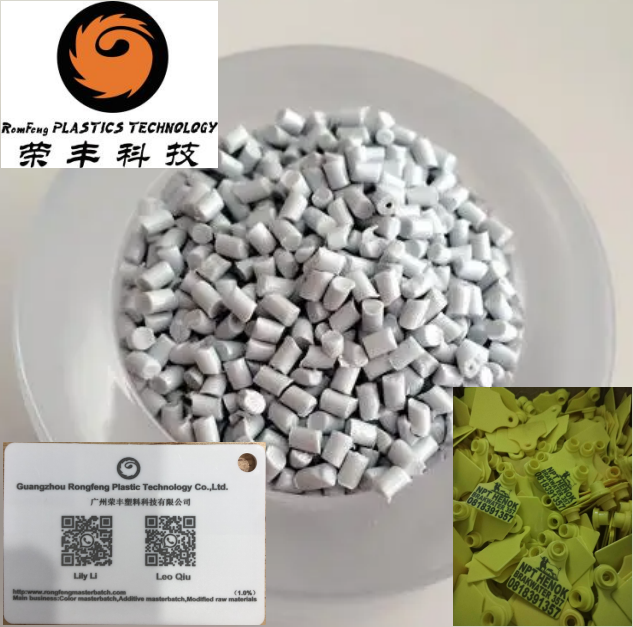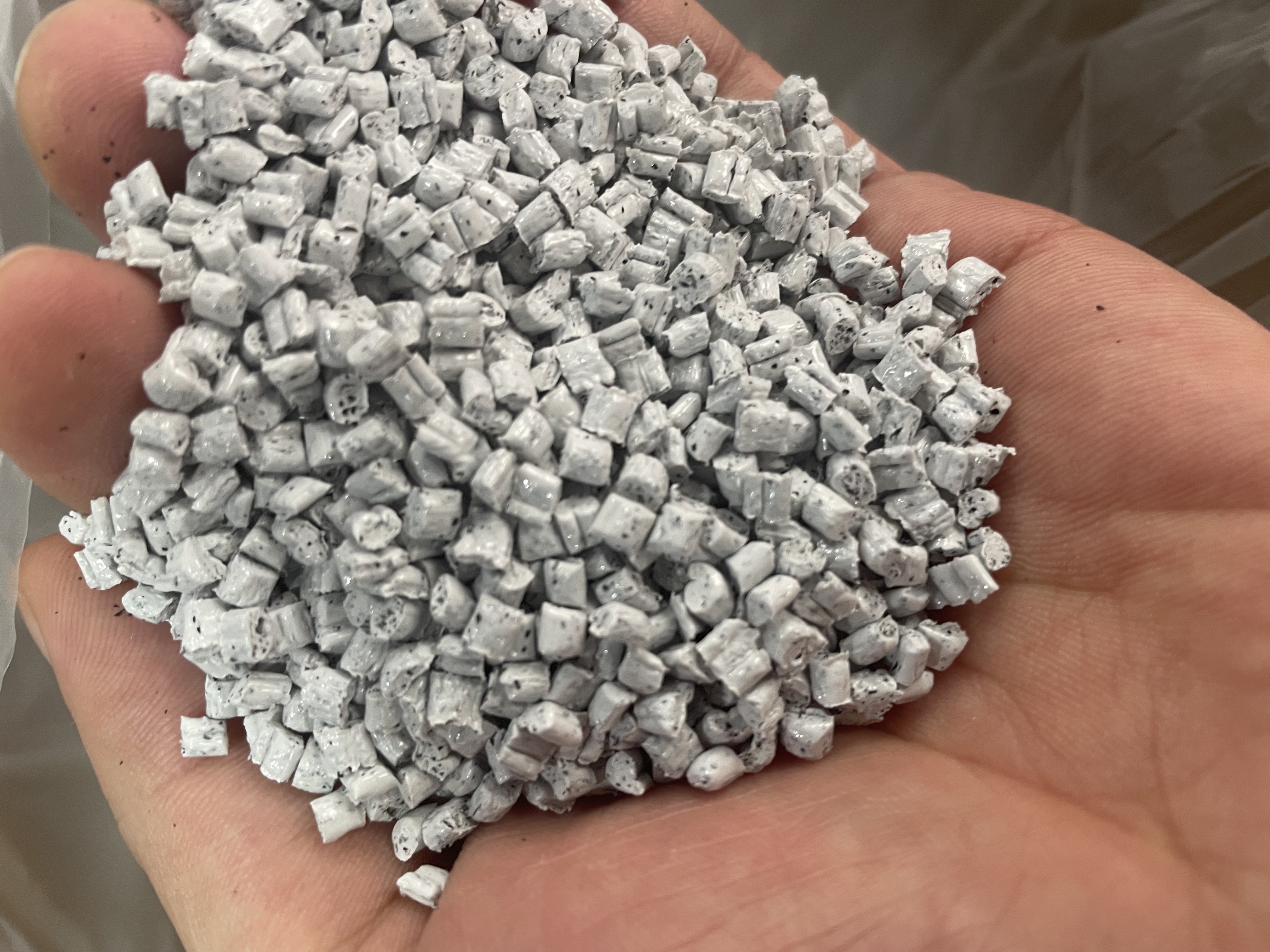Unlocking the Potential of VCI Additive Masterbatch in the Plastics Industry
Release time:
2025-05-26 13:20
Source:
In the realm of the chemical and plastics industry, VCI Additive Masterbatch has emerged as a crucial tool in enhancing the durability and longevity of plastic products. These masterbatches contain specialized additives that release vapor into the air surrounding the plastic, effectively inhibiting corrosion on metallic surfaces. This property makes VCI additive masterbatch particularly valuable in applications where metal components are in contact with or within plastic products.
One of the primary advantages of VCI Additive Masterbatch is its ability to protect against corrosion without the need for additional coatings or treatments. This not only simplifies the manufacturing process but also reduces costs associated with additional protective measures. By integrating VCI additives directly into the plastic matrix, manufacturers can ensure that the protective properties are uniform throughout the product, leading to more reliable performance.
The applications of VCI Additive Masterbatch are vast and varied. Industries such as automotive, electronics, and packaging have begun to recognize the benefits of incorporating these additives into their products. For example, in the automotive sector, plastic components that are in contact with metal parts can greatly benefit from the incorporation of VCI additives. This not only extends the life of the components but also enhances the overall performance of the vehicle.
In addition to automotive applications, VCI Additive Masterbatch is gaining traction in the electronics industry, where the protection of sensitive components is crucial. By utilizing VCI additives, manufacturers can create protective packaging that prevents corrosion during transit and storage, ensuring that electronics remain functional and reliable upon reaching the end user.
When considering the integration of VCI Additive Masterbatch in your production processes, it is essential to evaluate a few critical factors. First, understanding the specific requirements of your application will help determine the concentration and type of VCI additives needed. Additionally, testing the compatibility of the masterbatch with your existing materials is crucial to ensure optimal performance.
Moreover, it is essential to stay informed about any regulatory considerations related to the use of VCI additives in your products. Compliance with industry standards not only enhances product credibility but also protects your business from potential legal issues.
In conclusion, VCI Additive Masterbatch offers significant advantages for the plastics industry, particularly in applications where corrosion prevention is paramount. By understanding its benefits and carefully considering its use in your production processes, you can enhance product durability and performance while reducing costs. Embrace the potential of VCI additives and position your business for success in the competitive landscape of modified plastics.
One of the primary advantages of VCI Additive Masterbatch is its ability to protect against corrosion without the need for additional coatings or treatments. This not only simplifies the manufacturing process but also reduces costs associated with additional protective measures. By integrating VCI additives directly into the plastic matrix, manufacturers can ensure that the protective properties are uniform throughout the product, leading to more reliable performance.
The applications of VCI Additive Masterbatch are vast and varied. Industries such as automotive, electronics, and packaging have begun to recognize the benefits of incorporating these additives into their products. For example, in the automotive sector, plastic components that are in contact with metal parts can greatly benefit from the incorporation of VCI additives. This not only extends the life of the components but also enhances the overall performance of the vehicle.
In addition to automotive applications, VCI Additive Masterbatch is gaining traction in the electronics industry, where the protection of sensitive components is crucial. By utilizing VCI additives, manufacturers can create protective packaging that prevents corrosion during transit and storage, ensuring that electronics remain functional and reliable upon reaching the end user.
When considering the integration of VCI Additive Masterbatch in your production processes, it is essential to evaluate a few critical factors. First, understanding the specific requirements of your application will help determine the concentration and type of VCI additives needed. Additionally, testing the compatibility of the masterbatch with your existing materials is crucial to ensure optimal performance.
Moreover, it is essential to stay informed about any regulatory considerations related to the use of VCI additives in your products. Compliance with industry standards not only enhances product credibility but also protects your business from potential legal issues.
In conclusion, VCI Additive Masterbatch offers significant advantages for the plastics industry, particularly in applications where corrosion prevention is paramount. By understanding its benefits and carefully considering its use in your production processes, you can enhance product durability and performance while reducing costs. Embrace the potential of VCI additives and position your business for success in the competitive landscape of modified plastics.
VCI Additive Masterbatch









